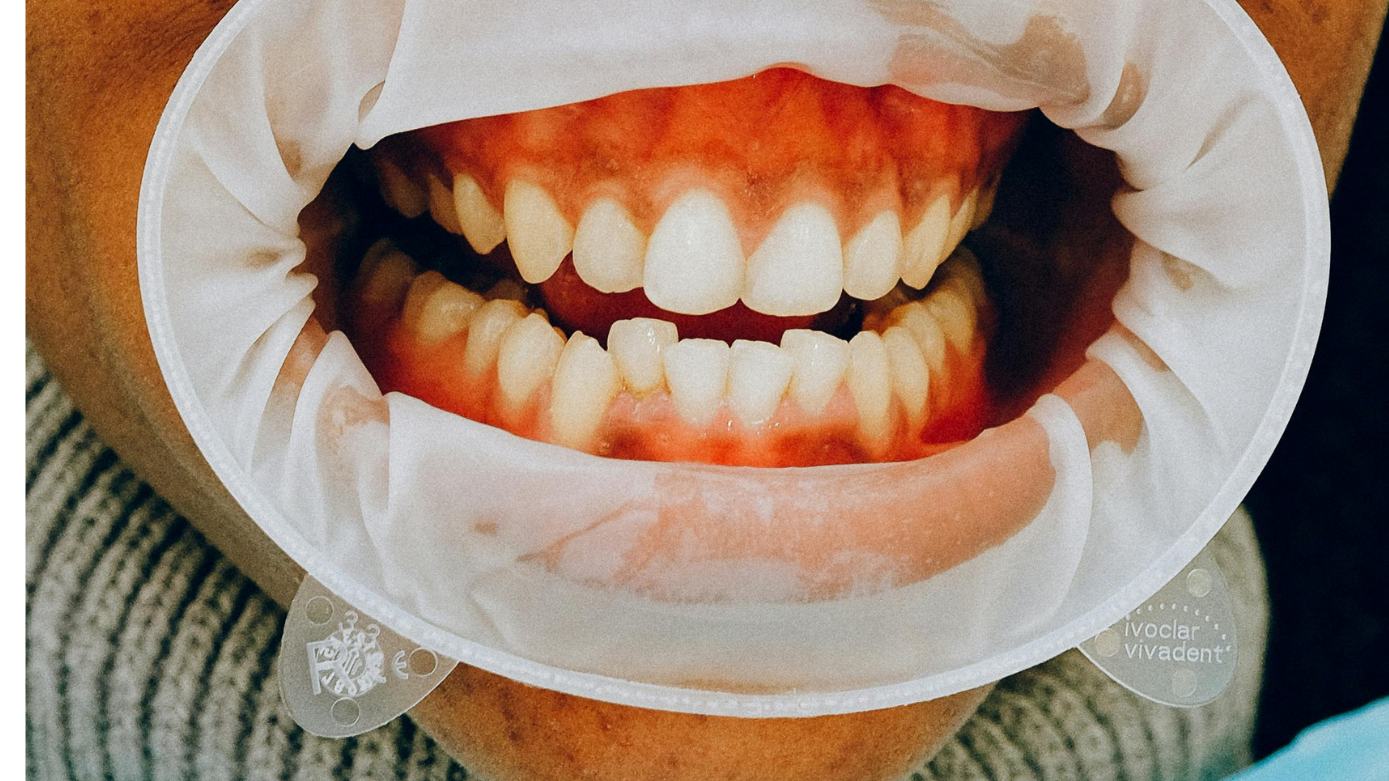A breakthrough drug tested by researchers at the Kyoto University Hospital successfully regrew teeth in mice and ferrets and will be tested on humans in September.
RELATED STORIES: Electric Spoon Zaps Tastebuds for Enhanced Low-Sodium Meals
According to New Atlas, the treatment is activated by inhibiting the activation of the USAG-1 protein, which prevents tooth growth. During the animal experiments, results showed successful tooth regeneration without any apparent side effects, giving the researchers confidence in the potential for human applications.
From September 2024 to January 2025, scientists will perform clinical trials on 30 human males aged 30 to 64. If the trials are successful without serious side effects, the research will expand to children aged 2 to 7. The drug will then be tested on patients with missing teeth due to environmental factors. If the treatment is successful, it could become widely available by 2030.
RELATED STORIES: Lizzo Reacts To ‘South Park’ Special Using Her Name For Phony Weight Loss Drug: ‘I’m Really That B*tch’
“While there has been no treatment to date providing a permanent cure, we feel that people’s expectations for tooth growth are high,” said lead researcher Katsu Takahashi, head of dentistry and oral surgery at Kitano Hospital. Poor dental health is often linked to various illnesses, including heart and brain disease and gingivitis. Gingivitis can also lead to periodontal disease, which causes a severe gum infection that damages the bone supporting your teeth and can even lead to tooth loss.
It is important to floss and brush at least twice a day to prevent tartar and plaque buildup in order to maintain a healthy dental hygiene routine.







